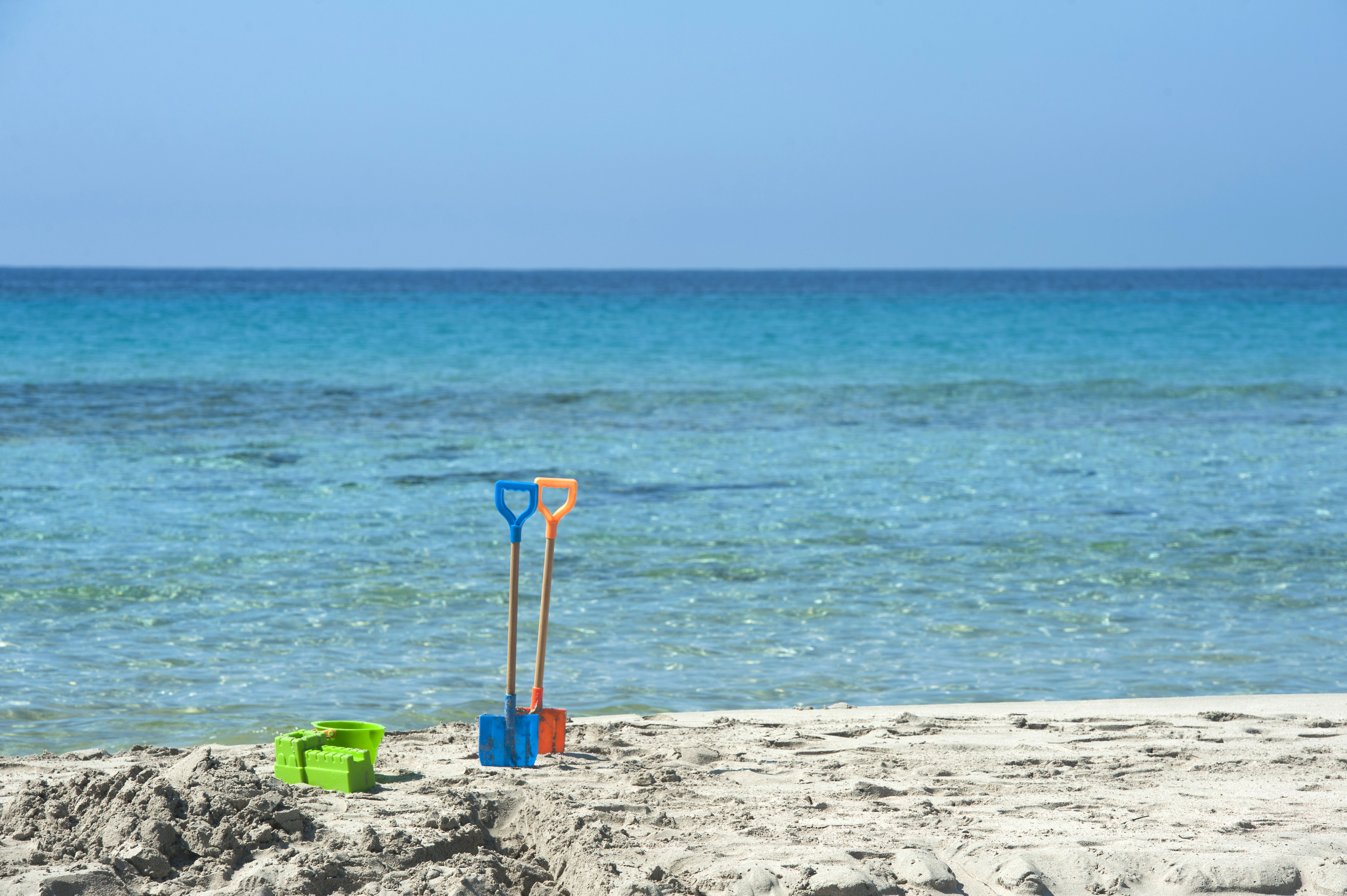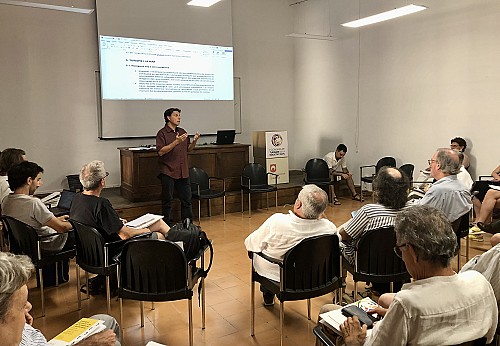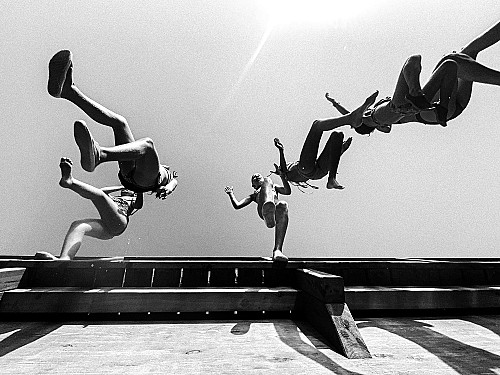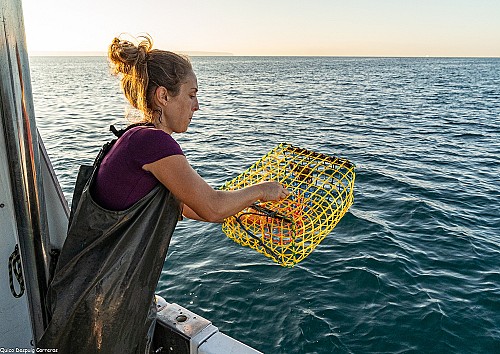Photo: David Arquimbau Sintes
The protection and improvement of the Balearic Sea is a shared responsibility. In an economy like ours, to achieve this, besides the support of fishers and sailors, we need the commitment of the tourist industry. Without that, it will be very difficult to achieve the shared objective of making the Balearic Islands a benchmark in marine conservation.
This involvement of the tourism sector must be done on at least three levels. First, by working to reduce the impact on a business scale. Secondly, by investing in the improvement of the natural environment on which the tourist activity depends (and not just on its property, garden, or piece of beach). Thirdly, and very importantly, by using its strength and influence it must take giant steps in marine conservation instead of just dragging its feet.
The fact is that we are still a long way away from a tourism sector that is fully involved in the care and custody of the Balearic Sea. Although tourism benefits enormously from a sea and coastline in good condition, it has so far, on its own initiative, invested very little in their care and conservation; it has not put its full strength and influence into this cause.
Even so, we have seen signs of improvement on all three fronts. Most of the tourism sector is already working to reduce its impact, implementing measures to reduce water consumption, carbon emissions or waste generation, or to buy local. The ecological footprint is entering the balance sheet and will do so even more after the entry into force of the EU’s Corporate Sustainability Reporting Directive (CSRD).
In recent years we have also started to see some remarkable actions by companies in the sector getting involved in marine conservation. Fundatur, the RIU Hotel Group, and the TUI Care Foundation have made significant financial contributions to the conservation of the Balearic Sea, the later with €500,000. Marilles Foundation redistributes these donations in their entirety to local projects and entities, with a greater probability of impact. Among many other activities, they have allowed us to advance plans to restore shallow bays, improve and extend marine protected areas. and co-produce with IB3 the unique series Arxipèlag Blau.
It is also worth highlighting the broad support that hotel companies and the tourism sector have given to the Balearic Blue Deal. It is to be celebrated that a little more than a year ago a large part of the tourism industry in the Balearic Islands came out publicly in favour of this initiative, calling for more political action and more funding for the protection of the Balearic Sea. We hope that this is the first of many steps that will give visibility to the tourism industry's commitment to the marine conservation of these islands and their natural heritage.
But, as the Balearic Blue Deal itself recognises, we cannot talk about marine conservation and quality tourism without mentioning a key variable: quantity. We must talk about the volume of tourists visiting our islands and the growing demographic pressure.
If we do not work on quantity, we will not be able to have quality tourism or a well-conserved sea. This truism has been a source of controversy over the last few decades. Now, after the welcome, albeit surprising announcement by President Prohens last week acknowledging that the Balearics need to reduce the number of tourists, we seem to be entering a new context.
After years of hearing that we need to grow in value and not in volume, we hope that we can finally move from words to action. While we look for the best ways to reduce the population pressure on the Islands, now more than ever the tourism sector and the Balearic government need to reinforce and demonstrate their commitment to the protection and regeneration of the Balearic Sea.
Aniol Esteban - Director
Marilles in the media
- 16/10/2025 Cadena SER: "El III Foro Conversa Turisme i Sostenibilitat posa la gestió de l'aigua en el centre del debat sobre el turisme"
- 09/09/2024 EFE Verde: "Turismo de barco, ¿cómo reducir su impacto si desconocemos sus dimensiones?"
- 21/07/2024 El Periódico: "El sector turístico vira con timidez hacia la sostenibilidad"





